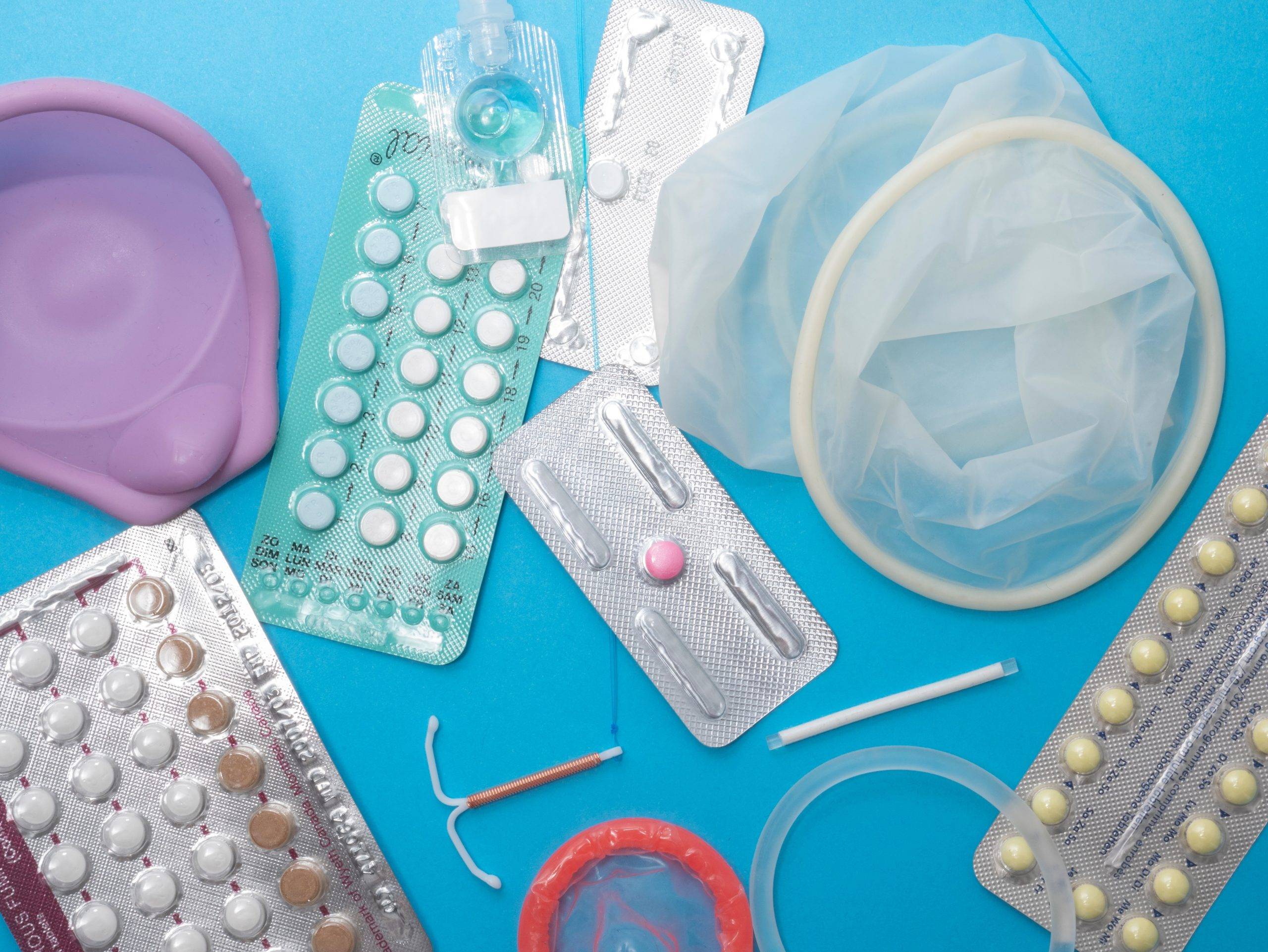
Find the Right Time: When to Use Contraception After Medical Abortion
Medical abortion is an innocuous and productive approach to cease a pregnancy. It is crucial to contemplate your contraception after medical abortion. Determining the ideal moment to commence birth control after an abortion is imperative to avert unintended pregnancies and assume authority over your reproductive well-being. This article will delve into the most prevalent varieties of birth control and offer guidance on the optimal time to initiate contraception after a medical abortion.
Varieties of Birth Control
Before broaching when to commence birth control, it is vital to grasp the diverse options available. Numerous birth control methods exist, each presenting its merits and considerations. The following are some of the most sought-after options:
Hormonal Birth Control
- Oral Contraceptives (The Pill): A daily medication containing hormones (estrogen and progestin) that proves highly effective when consumed accurately.
- Birth Control Patch: A patch adhered to the skin that releases hormones to prevent pregnancy.
- Birth Control Shot (Depo-Provera): An injection administered every three months to provide contraception.
Long-Acting Reversible Contraceptives (LARCs)
- Intrauterine Device (IUD): A miniature device inserted into the uterus, available in hormonal and non-hormonal variants.
- Implant: A minuscule rod positioned beneath the skin of the upper arm that releases hormones for several years.
Barrier Methods
- Condoms: Accessible for both males and females, condoms create a physical barrier to impede sperm from reaching the egg.
- Diaphragm: A silicone cup inserted into the vagina to cover the cervix and obstruct sperm.
Natural Approaches to Birth Control
- Fertility Awareness-Based Methods: Monitoring menstrual cycles and abstaining from sexual intercourse during fertile periods.
- Emergency Contraception: A “morning-after pill” consumed after unprotected intercourse to diminish the risk of pregnancy.
When to Start Birth Control Following a Medical Abortion
The timing for commencing birth control after medical abortion can vary depending on the contraception type you select:
- Hormonal Approaches (The Pill, Patch, and Shot):
- You can employ these methods immediately after a medical abortion if you are not already using them. This affords instantaneous protection against pregnancy.
2. Long-Acting Reversible Contraceptives (IUD and Implant):
- You can typically have an IUD or implant inserted right after a medical abortion, possibly even on the same day. It is an exceedingly effective means of averting future pregnancies.
3. Barrier Methods (Condoms and Diaphragm):
- Barrier methods can be utilized immediately after a medical abortion as they do not impede recovery.
4. Fertility Awareness-Based Methods:
- If you favor natural methods, consult a healthcare provider to acquire practical fertility tracking skills. It may require some time to develop proficiency in this approach.
5. Emergency Contraception:
- While not a primary form of birth control, emergency contraception can be used after a medical abortion if unprotected intercourse occurs during recovery.
It is crucial to confer with a healthcare provider post-medical abortion to discuss your birth control options and ascertain the most suitable choice for your individual circumstances. They can furnish personalized guidance and address any concerns you may harbor.
Concluding Thoughts: Always Use Birth Control
Following a medical abortion, embracing responsibility and empowerment by commencing birth control is a judicious choice. The optimal time to initiate contraception hinges on your chosen method, but in numerous instances, it can be commenced immediately after the procedure. Collaborating with a healthcare provider will ensure an informed decision that aligns with your health and family planning objectives. Remember that while birth control is indispensable in preventing unintended pregnancies, regular healthcare check-ups should be supplemented to uphold your overall well-being.
